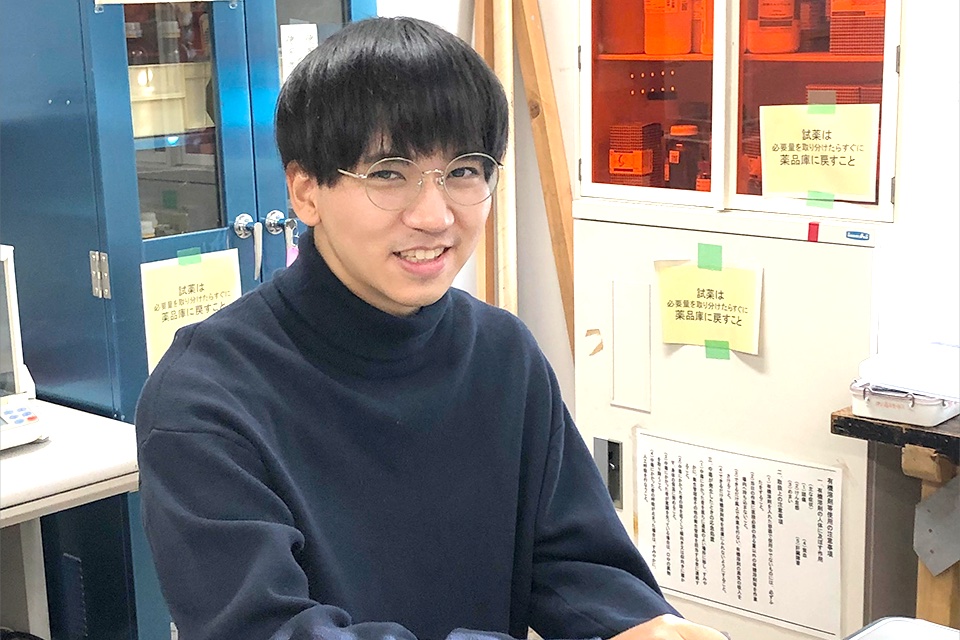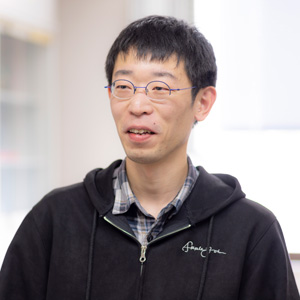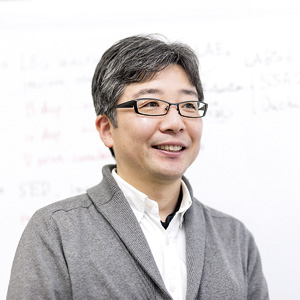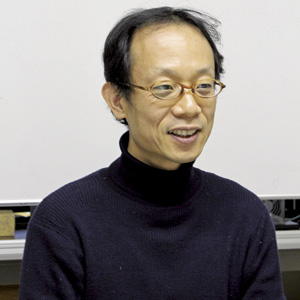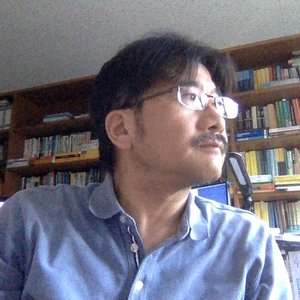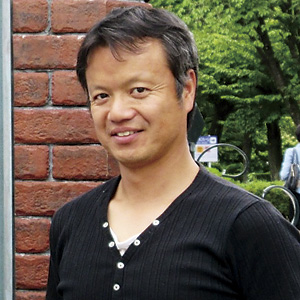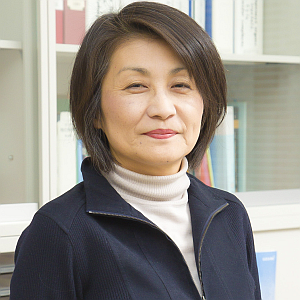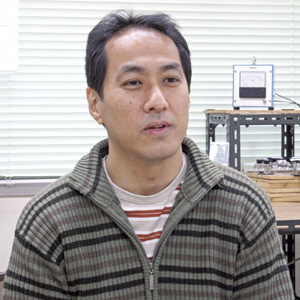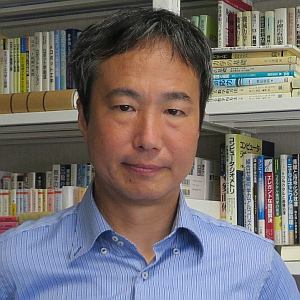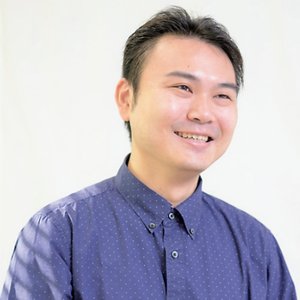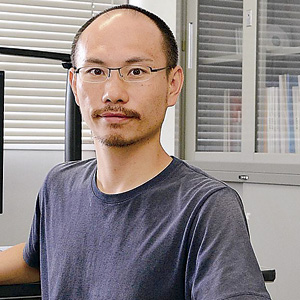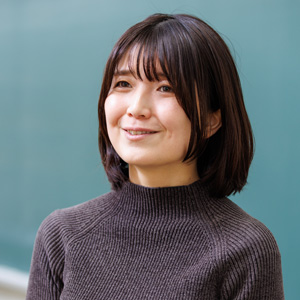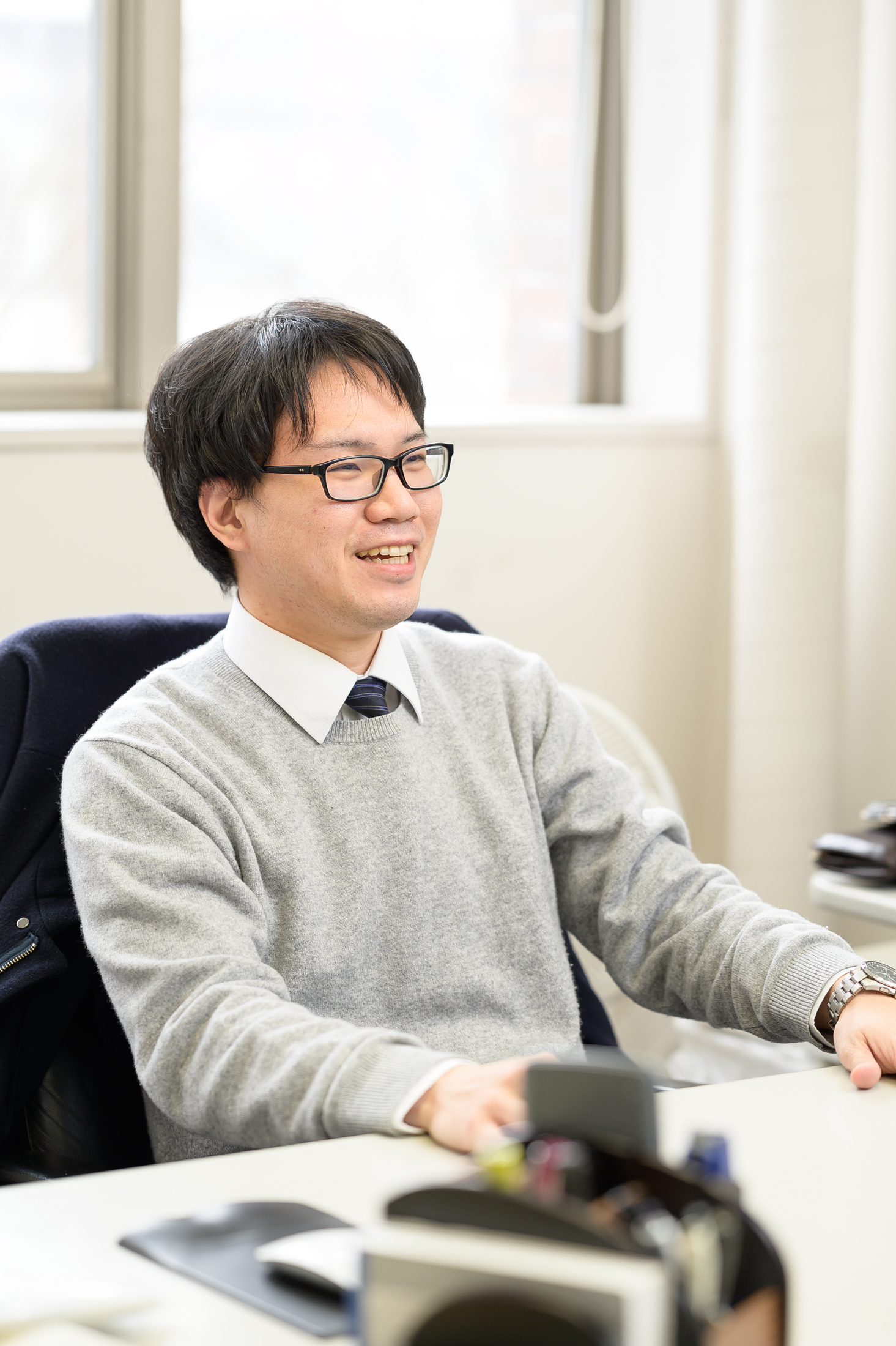Liberation from the gravity of the “city” (Let’s go back to nature for a while) – Exploration of natural and mathematical sciences in a moderately urban environment in the midst of abundant nature
This is what is great about this course!
This course is a very rare educational program in Japan and abroad that allows students to learn across disciplines from physics to mathematics. The course is vigorously promoting education and research based on an organizational foundation of fusion of the two fields of mathematics and physics, and the establishment and strengthening of interdisciplinary fields, focusing on particle experiments and theory, condensed matter experiments and theory, and astrophysics in physics, and applied mathematics such as mathematical models, stochastic analysis, and fluctuation phenomena, and matrix analysis and numerical analysis in mathematics. The common denominator of both fields is the “pursuit of truth. The unique courses allow students to enjoy natural and mathematical sciences to the fullest, away from the hustle and bustle of the city and facing the abundance of the great outdoors.

What is the course of study (and how is it applied to society)?
Research in the mathematical physics course is broadly divided into the physical science field and the mathematical science field. In the field of physical science, research is conducted in condensed matter physics to elucidate new properties of materials and design new materials, and in particle physics and astrophysics to explore the origin of materials and the universe. These studies are utilized to realize a sustainable society and to elucidate the mechanism of the creation of the universe. In the field of mathematical sciences, we conduct research on applied mathematics of mathematical models and stochastic analysis, and on verifying the reliability of numerical calculation results. These studies are used to predict unknown phenomena and to design new industrial products.
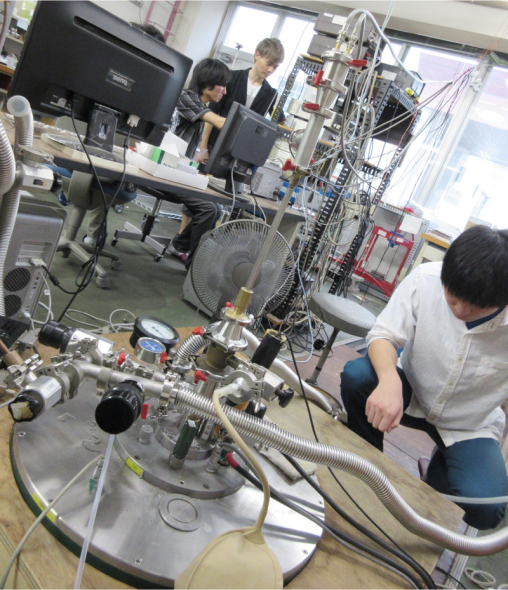
What can I learn and how can I grow?
A wide variety of educational courses are offered to help students deepen their understanding of physics and mathematical science by exploring and experiencing the laws underlying nature, and to develop mathematical and physical thinking skills and a sense for physics. In the Physical Science course, students study electromagnetism and quantum physics to cultivate basic skills in physics, and magnetic science and engineering, nano science and engineering, and particle beam measurement to develop their skills in physics. In Mathematical Sciences, students study applied probability and statistics, applied analysis, and applied differential equations to develop the fundamental skills of mathematical sciences.
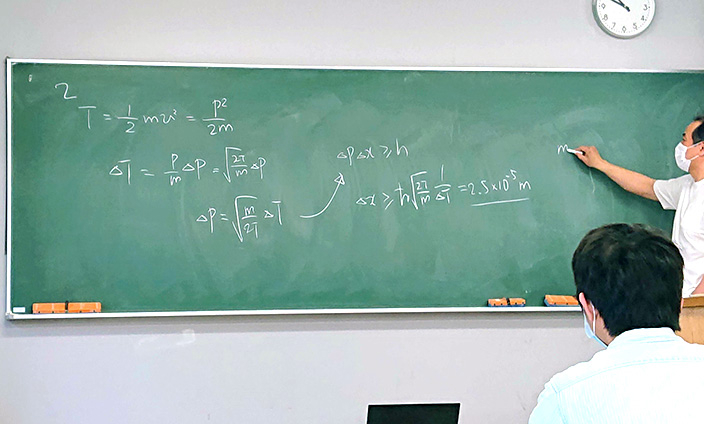
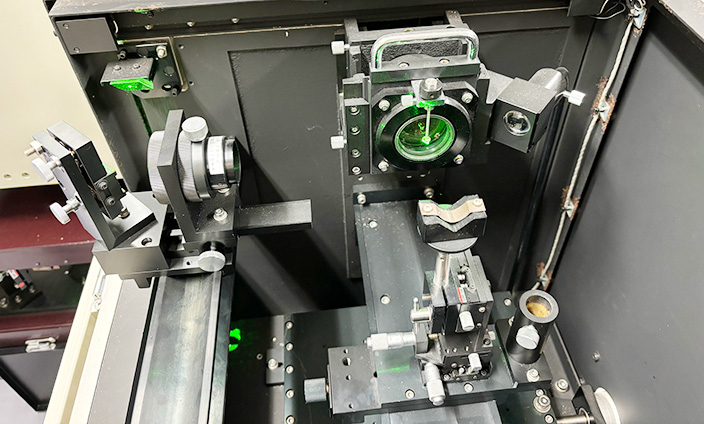
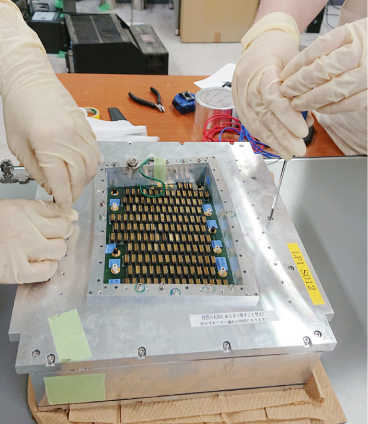
What are the expected career paths after graduation?
Half of the undergraduate students go on to graduate school for in-depth study of mathematics and physics, and some of them are active in society by working for IT, semiconductor, auto parts, finance and insurance related companies and public officials. Graduate students are employed by leading Japanese companies in the fields of semiconductors, electrical and electronic equipment, and IT, and are active as engineers with advanced knowledge and skills. They can also obtain teaching licenses and become high school teachers of mathematics and science, or choose to enter a doctoral program and become researchers.



